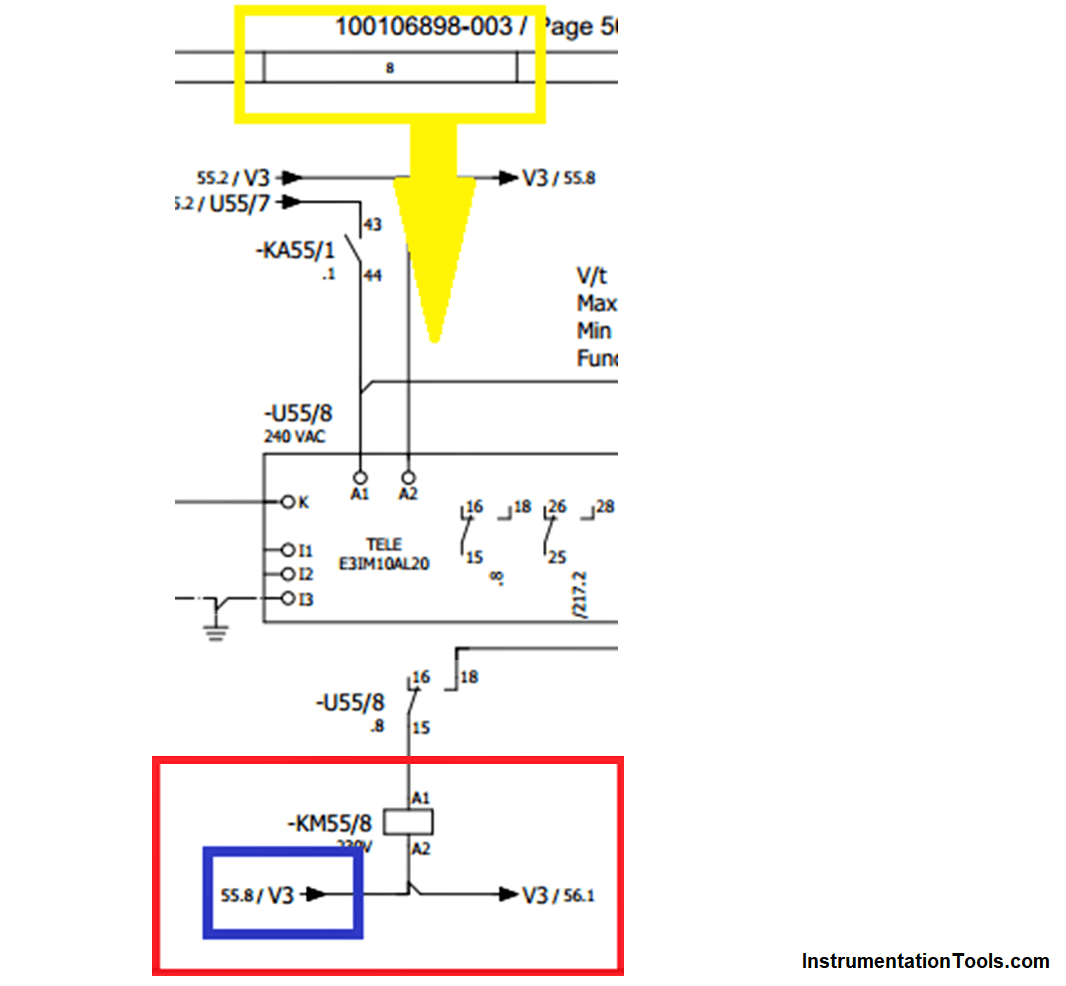Wiring diagram a comprehensive guide edrawmax online diagrams explained how to read upmation and help on uk electrical types of schematic learn sparkfun com thermostat wires cable png 1200x800px area block brand car for android the electrical4u toyota land cruiser engbooks pdf house layout beginners home honda wave series 110i 70 angle pngegg complete an inst tools volvo i shift 2010 eep circuit 1005x768px ac power plugs most important symbols etechnog panel t34world2015 from unbound solar application simple bartleby plc training reading understanding tw controls physical equipment inside motor control centre directions identify name following in electric teddy will answer brainly templates emanualonline blog creating revit s search autodesk knowledge network software 101 engineering community facebook prius 2005 residential layouts construct controller system scientific conveyor books technical free notes study material inverter archives construction 111 hub apps google play example design verification siemens company motorcycle plan pngwing basic room fourzon graphics

Wiring Diagram A Comprehensive Guide Edrawmax Online

Wiring Diagrams Explained How To Read Upmation

Diagrams And Help On Uk Electrical Wiring

Types Of Electrical Wiring

How To Read A Schematic Learn Sparkfun Com

Wiring Diagram Thermostat Electrical Wires Cable Png 1200x800px Area Block Brand

Car Electrical Wiring Diagram For Android

How To Read The Electrical Wiring Diagram Electrical4u

Toyota Land Cruiser Electrical Wiring Diagram Engbooks Pdf

House Electrical Wiring Layout Beginners Guide To Home

Wiring Diagram Honda Wave Series Electrical Wires Cable 110i 70 Angle Png Pngegg

Home Electrical Wiring Diagram Complete For Android

How To Read An Electrical Wiring Diagram Inst Tools

Volvo I Shift 2010 Electrical Wiring Diagram Pdf

The Complete Guide To Electrical Wiring Eep

Wiring Diagram Electrical Wires Cable Circuit Home Png 1005x768px Ac Power Plugs
Most Important Electrical Wiring Diagram Symbols Etechnog

Electrical Panel Wiring Diagram
Wiring diagram a comprehensive guide edrawmax online diagrams explained how to read upmation and help on uk electrical types of schematic learn sparkfun com thermostat wires cable png 1200x800px area block brand car for android the electrical4u toyota land cruiser engbooks pdf house layout beginners home honda wave series 110i 70 angle pngegg complete an inst tools volvo i shift 2010 eep circuit 1005x768px ac power plugs most important symbols etechnog panel t34world2015 from unbound solar application simple bartleby plc training reading understanding tw controls physical equipment inside motor control centre directions identify name following in electric teddy will answer brainly templates emanualonline blog creating revit s search autodesk knowledge network software 101 engineering community facebook prius 2005 residential layouts construct controller system scientific conveyor books technical free notes study material inverter archives construction 111 hub apps google play example design verification siemens company motorcycle plan pngwing basic room fourzon graphics
